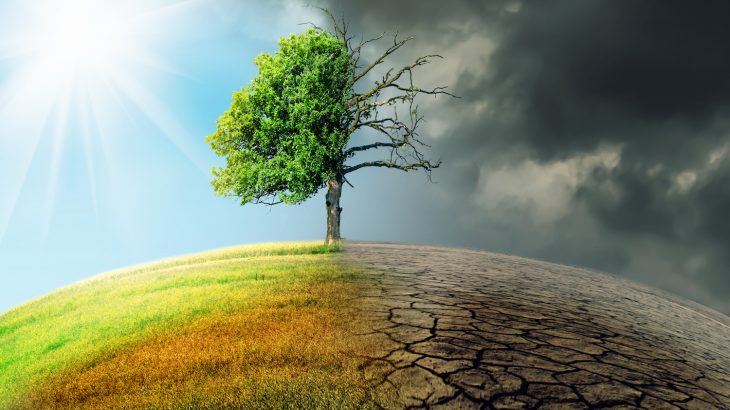We stay in a climatically diverse world and a climatically diverse country as well. While people of one state of our country are experiencing a particular weather, other people of another state staying in a geographically faraway location would be experiencing a different climate. To illustrate this a bit, people face smog post-Diwali in what could be labelled as the worst phase of the year in the National Capital Region of India and neighboring places. Whereas during the same time, the eastern part of the country is draped in the serenity of a distinct climate which is considered the most beautiful phase of the year for that region.
The severity of the climatic conditions of any region leads to many actions like keeping the windows closed, the educational institutions get closed and people are forced to be indoors while many people might be merrily picnicking as a result of favorable climatic conditions in another part of the country. One pertinent example in this context could be that of Bihar floods. When the state was reeling under the devastating floods, the neighboring state of Jharkhand was experiencing the lavishness of wonderful weather.
Weather-associated events like floods, smogs, heatwaves, droughts, etc. take a toll on not only our physical health but simultaneously makes us emotionally and socially vulnerable groups. What everyone keeps reporting is the physical impact. Rarely anyone discusses the psychological impact of climate change. Psychologists would back this idea that the cases of anxiety, depression, and a feeling of pessimism start anguishing the entire social spectrum due to climatic disasters.
Subtly, this collective emotional turmoil leads to poor quality of social reactions. Since the happiness quotient dips down, people turn to stress-relieving behaviors like alcoholism or over-smoking. A study conducted in America has highlighted that due to anxiety and depression during climatic disasters, the marriages are prone to getting replete with the abuse element, child abuse during these times gets more rampant, discord in relationships get evident and there are increased levels of aggressiveness towards fellow members of the society.
The pertinent point to ponder here is that there are hardly any remedies that get discussed to bring changes in the psychological or social outlooks which are at an all-time low when the climate gets harsh. The physicals reactions of our body like infections, heat strokes, respiratory problems, etc. takes the front-seat in the healing initiatives but do we discuss or find the remedies to the unfavorable psychological and social reactions.
Mental health professionals and social workers have a very pivotal role in such contexts. They can study and analyse research work to understand which are the communities across the world who can be imbibed as models of how to deal with grace, tranquillity, and equilibrium in the face of climatic disasters. They can guide people to use the strategies of such communities to stay more stable. The possibility of attaining success in such initiatives with the coaching and guidance of psychological experts and social scientists is high because the psychological and social reactions are to a large extent regulatable.

 Whenever there is climate change, it gets evident in our health. While there are sure-shot medicines to combat deterioration in physical health, it’s the psychological and social reactions that need to be soothed as well. Mental health professionals and social scientists can play a major role in this.
Whenever there is climate change, it gets evident in our health. While there are sure-shot medicines to combat deterioration in physical health, it’s the psychological and social reactions that need to be soothed as well. Mental health professionals and social scientists can play a major role in this.









.jpeg)



















.jpg)
.jpeg)